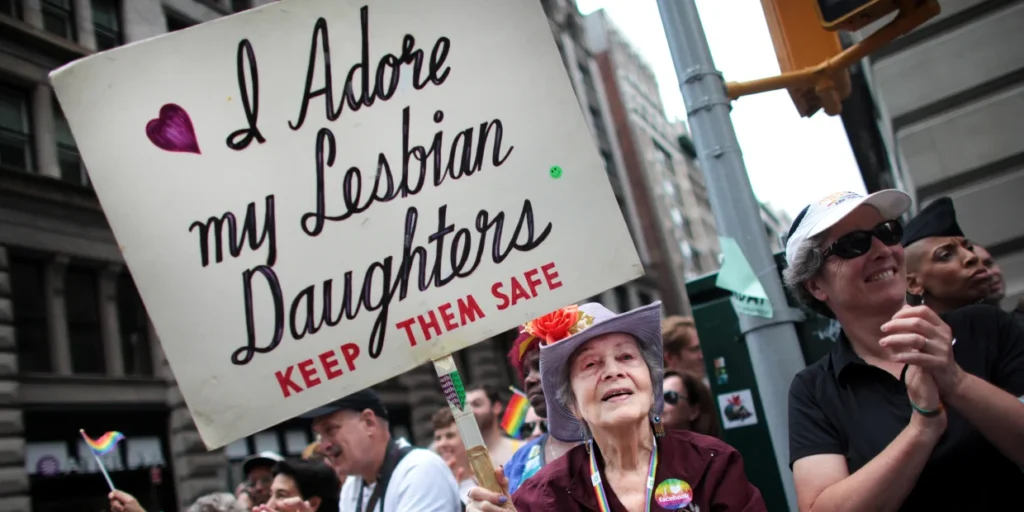Parents and families
Coming out is a process in which LGBTIQ+ persons become aware of, accept and share with other people their sexual orientation and/or gender identity. The coming out process is often very complex and requires overcoming many challenges both for the LGBTIQ+ person and for the people in its environment. For the family, the coming out of a child can trigger overwhelming thoughts and emotions, which are sometimes hard to cope with. Reactions may vary – some parents may experience shock and surprise, or even confusion, while others have somehow already guessed this and feel pleased that their child has found the courage and strength to confide in them. It is not unusual for parents to experience incomprehension, feelings of guilt, shame and loss, to question themselves, to fear for the future of their children and so on. All emotions that you feel are natural and it takes time to gradually accept them. You can feel these emotions even if you personally do not have problems accepting LGBTIQ+ people as a result of the influence of the society we have grown up and live in, which is still not accepting of LGBTIQ+ people.

Be gentle to yourself, remember that you are not alone and seek additional support if you need it. There are many organisations and resources that provide support and information about LGBTIQ+ topics.
The way parents and other family members react to coming out is extremely important for young LGBTIQ+ persons. If your child comes out to you, be aware that in that moment they are expressing their authentic self and are being honest with themselves and with you. Try to remember that they are the same person that you loved unconditionally just a few minutes ago and be aware of the trust that has been put in you. As difficult (or as easy) as it is for you to hear this, know that the decision to tell you was probably not easy or simple for your child, and that such a decision is often accompanied by intense and complex emotions and fear of negative consequences.
- 14 – average age when a young person becomes aware of their LGBTIQ identity
- 2 years and 8 months – time needed for the young LGBTIQ person to share this with another person (most often a close friend)
- 52% persons are usually open about this with siblings
- 50% with mothers
- 32% with fathers
- 7% with extended family
Here are some steps you can take in order to support and help your child feel loved and accepted.
Listen and accept: The most important thing you can do is listen to and accept your child without judging. Tell your child that you are happy they are being honest with you and that you are here for them, even if you find it difficult in that moment. This will pave the way for further communication, support a good relationship and encourage the process of acceptance and understanding.
Acknowledge the identity: Don’t think of your child’s LGBTIQ identity as “just a phase” they will grow out of, and don’t consider it less worth than other identities. Acknowledge their identity and say that it is okay for them to be what they are.
Support and communicate: Show your support to your child by both saying and doing. Do not change the way you communicate with your child or the way you treat them – your child is still the same child you have loved your whole life; this has not changed. Don’t be quick to judge; if there is something you don’t know or don’t understand, ask. Show your acceptance through your wish to find out and understand more, and also speak openly about the things you fear or don’t understand.
Your support, love and understanding are crucial for your child to be able to live a more fulfilled, happier and freer life.

Additional information:
To Understand and Support (LORI, 2011.) (in Croatian)
This material has been produced within the Family Without Prejudice campaign in 2007, so some of the information current at the time is now outdated and some terminology has changed. We, nevertheless, think that the texts still offer useful information and advice and would like to encourage you to read them.
Family Without Prejudice – for parents
Open letters from LGBTIQ persons to their parents (2007.) (in Croatian)
Some projects LORI has carried out in this field:
Family Without Prejudice (2007.) (in Croatian)
